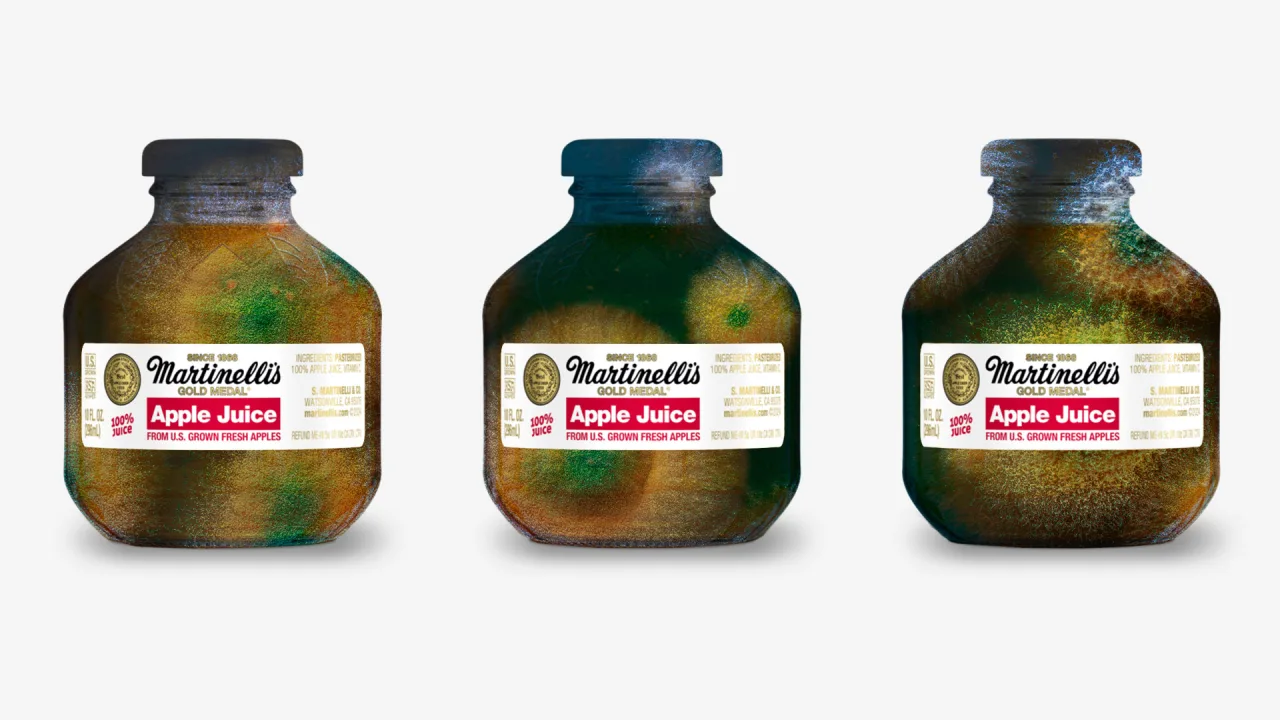Researchers extended mice lifespans by 33%, but will it work on humans?
What if tweaking your diet could add years—or even decades—to your life? According to research published in Cell Metabolism, adjusting one specific nutrient intake could … The post Researchers extended mice lifespans by 33%, but will it work on humans? appeared first on BGR.
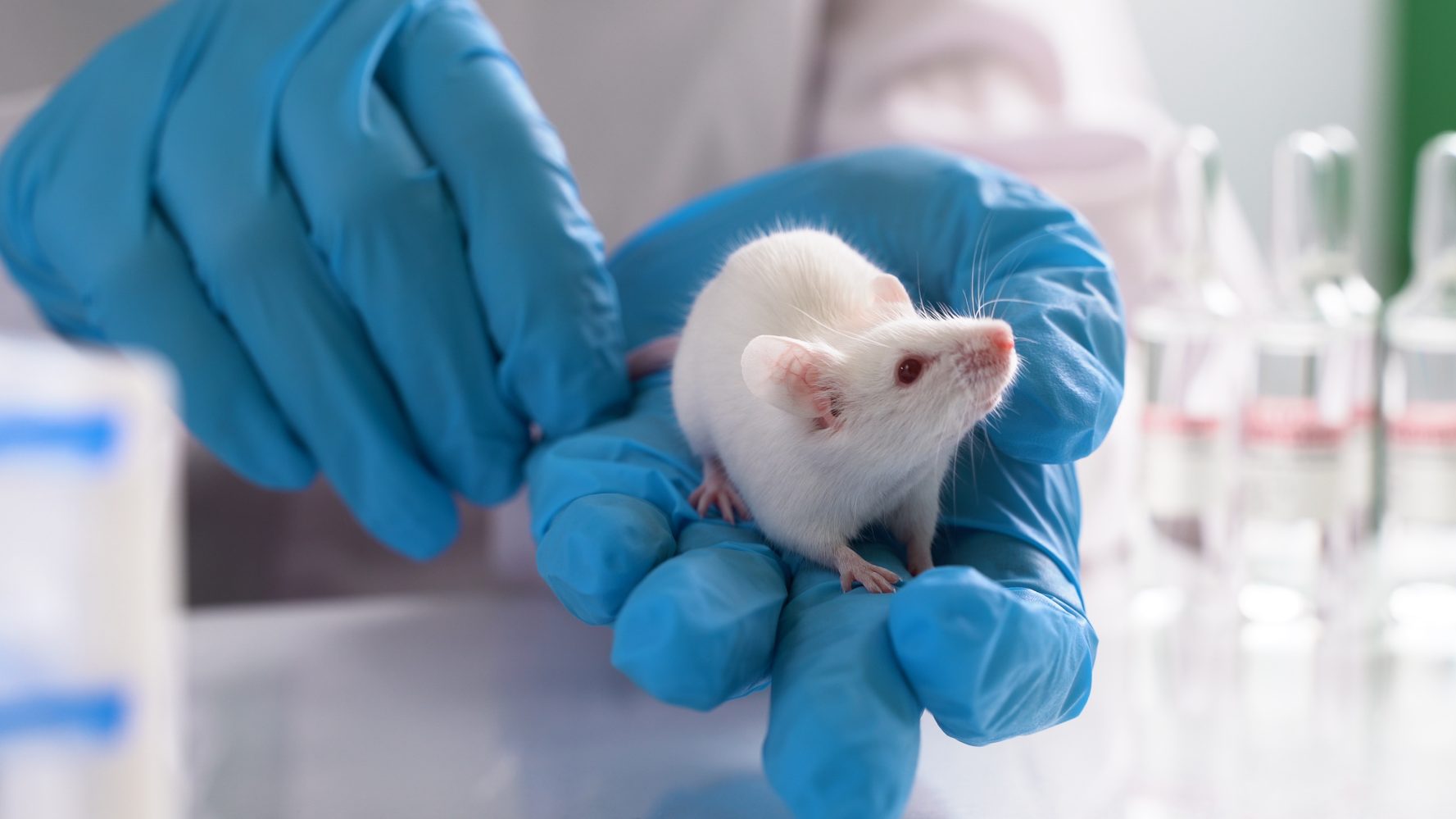
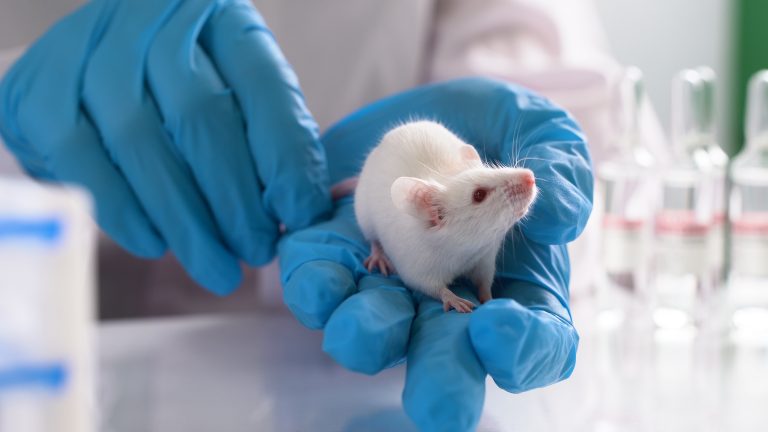
What if tweaking your diet could add years—or even decades—to your life? According to research published in Cell Metabolism, adjusting one specific nutrient intake could be a key to longer, healthier living, and it has already led to increased lifespan in mice. But can this discovery help us extend human life, too?
The study focused on isoleucine, one of the essential amino acids that our bodies need but cannot produce. We usually get it by eating foods like meat, dairy, eggs, and soy. What’s intriguing about it, though, is that researchers at the University of Wisconsin found that significantly restricting isoleucine in the diets of genetically diverse mice caused male mice to live about 33 percent longer. In comparison, females lived seven percent longer compared to mice without any diet restrictions.
Beyond lifespan, the mice experienced improved muscle strength, blood sugar control, lower rates of cancer, and even healthier-looking fur. Strikingly, even though the isoleucine-restricted mice consumed more calories, they burned more energy and stayed leaner than their counterparts.
These findings add to growing evidence that diet doesn’t just impact short-term health—it can influence the very pace at which we age and even extend the human lifespan. Targeting specific amino acids like isoleucine could offer a more precise, personalized approach to nutrition that goes beyond blanket advice like "eat less meat" or "eat more plants."
If scientists can find safe ways to limit isoleucine intake in people, we could potentially extend human life and significantly improve healthspan—the years we live free from major disease and disability.
However, it’s not as simple as cutting out protein-rich foods. Humans need a delicate balance of amino acids to maintain their overall health. Researchers caution that moving from mice to human applications will require careful fine-tuning and perhaps new pharmaceutical tools, like an isoleucine-blocking drug.
While the results are exciting, translating them to humans is tricky. Mice are excellent models for aging research, but their biology doesn’t mirror ours exactly. Plus, restricting amino acids could have unintended consequences if not done precisely. More human-focused research is needed before any diet or drug based on isoleucine restriction becomes available to try to extend the human lifespan.
Still, this study brings us one step closer to cracking the code on how to extend human life and slow down aging in humankind—goals that researchers have been fighting toward for decades now.
The post Researchers extended mice lifespans by 33%, but will it work on humans? appeared first on BGR.
Today's Top Deals
- Today’s deals: $289 Nintendo Switch OLED, 60% off HP touchscreen laptop, $20 Fire TV Stick HD, more
- Today’s deals: Free Amazon music streaming, $100 23-piece cookware set, $20 smartwatch, more
- Best Ring Video Doorbell deals
- Today’s deals: $269 iPad 10, $50 WiFi 6 router, $80 Ninja portable blender, $998 Samsung 85-inch TV, more
Researchers extended mice lifespans by 33%, but will it work on humans? originally appeared on BGR.com on Mon, 28 Apr 2025 at 17:29:00 EDT. Please see our terms for use of feeds.


































































































































































![[The AI Show Episode 143]: ChatGPT Revenue Surge, New AGI Timelines, Amazon’s AI Agent, Claude for Education, Model Context Protocol & LLMs Pass the Turing Test](https://www.marketingaiinstitute.com/hubfs/ep%20143%20cover.png)










































































































































































































































































_Muhammad_R._Fakhrurrozi_Alamy.jpg?width=1280&auto=webp&quality=80&disable=upscale#)
_NicoElNino_Alamy.jpg?width=1280&auto=webp&quality=80&disable=upscale#)
















































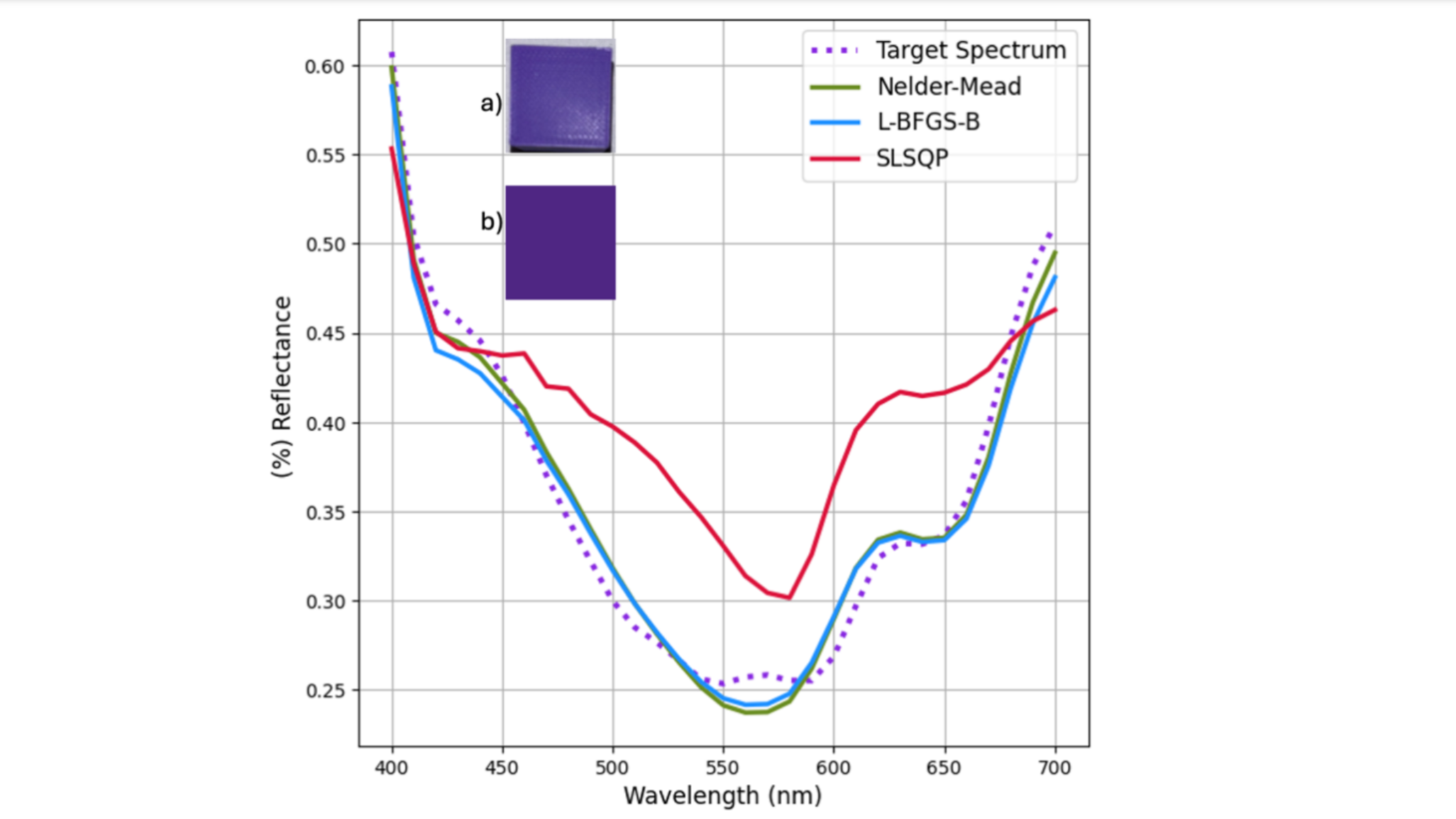





















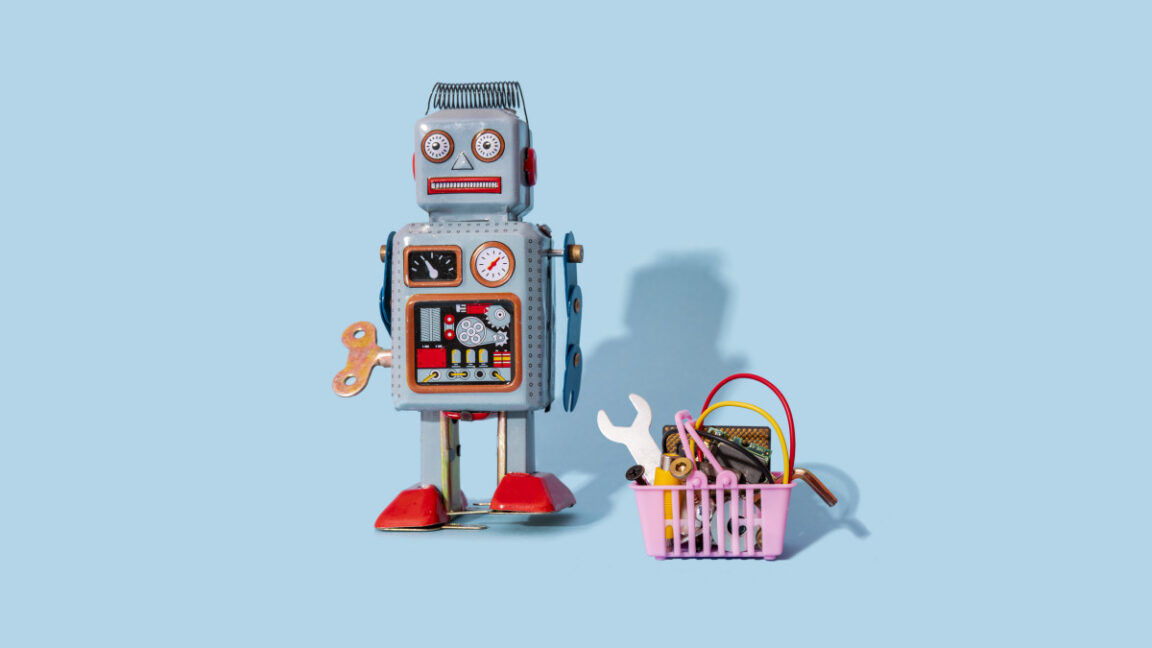













![macOS 15.5 beta 4 now available for download [U]](https://i0.wp.com/9to5mac.com/wp-content/uploads/sites/6/2025/04/macOS-Sequoia-15.5-b4.jpg?resize=1200%2C628&quality=82&strip=all&ssl=1)




![What’s new in Android’s April 2025 Google System Updates [U: 4/28]](https://i0.wp.com/9to5google.com/wp-content/uploads/sites/4/2025/01/google-play-services-3.jpg?resize=1200%2C628&quality=82&strip=all&ssl=1)












![AirPods Pro 2 With USB-C Back On Sale for Just $169! [Deal]](https://www.iclarified.com/images/news/96315/96315/96315-640.jpg)
![Apple Releases iOS 18.5 Beta 4 and iPadOS 18.5 Beta 4 [Download]](https://www.iclarified.com/images/news/97145/97145/97145-640.jpg)
![Apple Seeds watchOS 11.5 Beta 4 to Developers [Download]](https://www.iclarified.com/images/news/97147/97147/97147-640.jpg)
![Apple Seeds visionOS 2.5 Beta 4 to Developers [Download]](https://www.iclarified.com/images/news/97150/97150/97150-640.jpg)








































![Apple Seeds Fourth Beta of iOS 18.5 to Developers [Update: Public Beta Available]](https://images.macrumors.com/t/uSxxRefnKz3z3MK1y_CnFxSg8Ak=/2500x/article-new/2025/04/iOS-18.5-Feature-Real-Mock.jpg)
![Apple Seeds Fourth Beta of macOS Sequoia 15.5 [Update: Public Beta Available]](https://images.macrumors.com/t/ne62qbjm_V5f4GG9UND3WyOAxE8=/2500x/article-new/2024/08/macOS-Sequoia-Night-Feature.jpg)


























